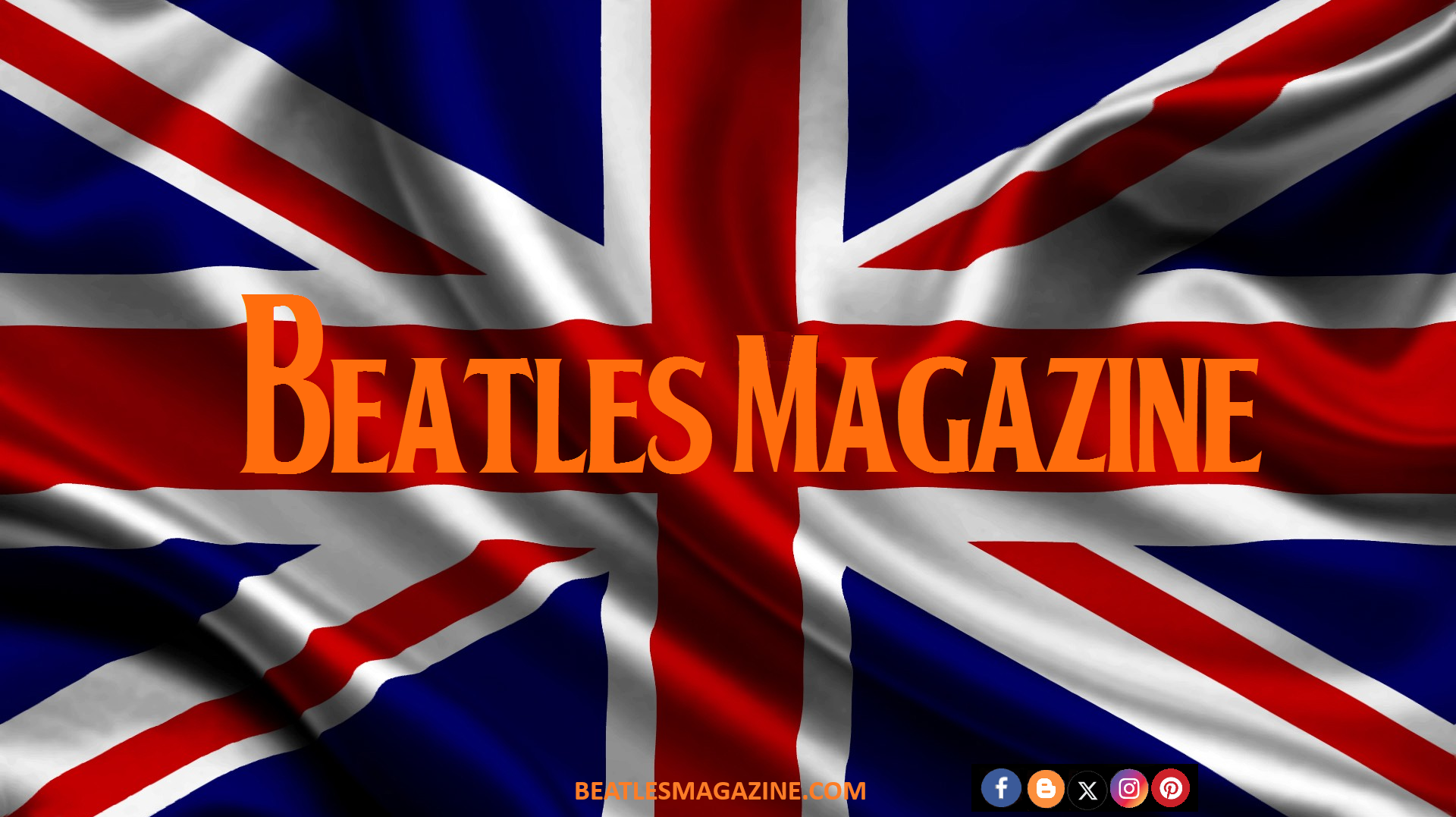In The Lyrics, comes a story of how the frustrations of the early touring days of The Beatles – which included their only-ever gig in Swindon – were instrumental in forging the legendary Lennon-McCartney songwriting partnership.
When The Beatles first began performing – pre-Ringo Starr, with Pete Best on drums – they were not interested in writing their own songs and, like the many other bands on the early 1960s circuit, they just played covers of the hit songs of the time.
But as they became more popular and began headlining multi-group shows, to their horror they would hear bands on the bill before them performing songs that they were planning to play.
Paul recalled: “We started writing our own songs because the bands on before us had the same records as we did, so they did them all before we got on.
“So I would be due to do Lucille and Long Tall Sally and from our dressing room and from our dressing room you’d hear another band going ‘Lucille!’ and it was ‘oh no’. And then someone else would do another song from our set.
“So that’s why we started to write. We realised the only way around this was if we wrote our own songs then they, the other bands, won’t know them. We thought, ‘they can’t access these songs’ and it kind of worked.”
On Tuesday July 17, 1962, as part of a 60-date English tour, The Beatles drove from Liverpool in their Bedford van to play their only concert in Swindon, at McIlroy’s Ballroom, a large hall above a department store in Regent Street.
Billed in a small ad in the Swindon Advertiser as “The Most Popular Group In The North”, the band performed two 60-minute sets, with songs including rock and roll classics Sweet Little Sixteen, Dizzy Miss Lizzie and Roll Over Beethoven.
But it was not anyway close to a sell-out show; although The Beatles were just three months away from the release of their first hit, Love Me Do, Beatlemania had yet to stretch to Wiltshire and only 360 tickets were sold from a possible capacity of 1,800. Of the 360 present, many were reported to have left early; prompting John Lennon to remark, “this is a right place this is”.

